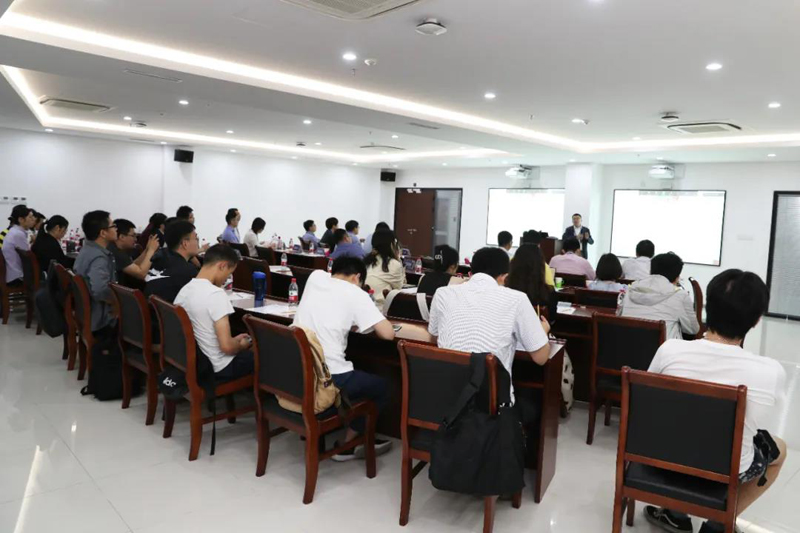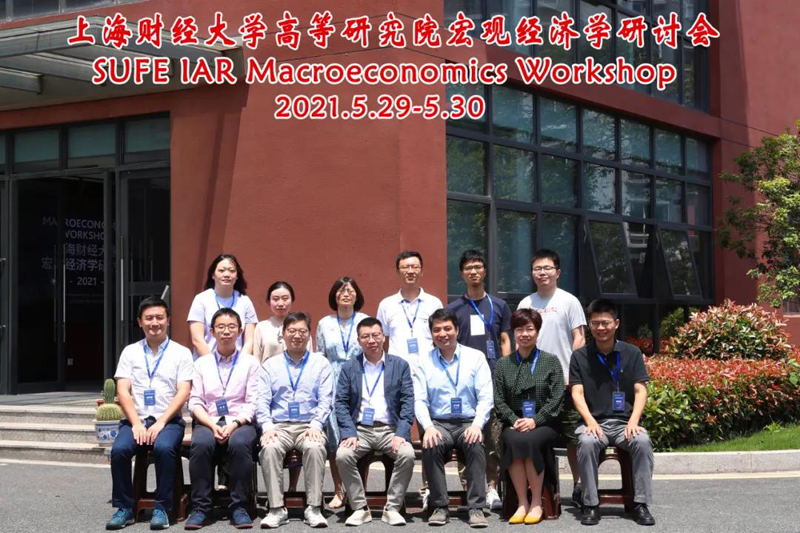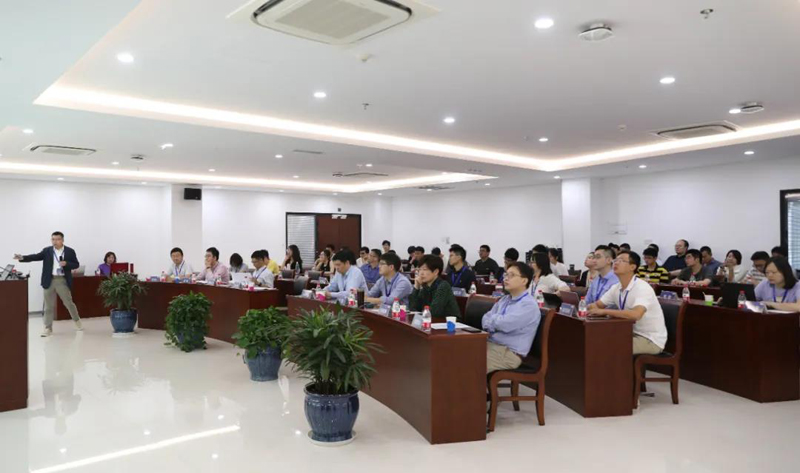
On May 29-30, 2021, SUFE IAR Macroeconomics Workshop was held in Shanghai University of Finance and Economics with both online and offline attendees. Invited speakers and four experts in IAR’s “China Macroeconomic Analysis and Forecast” Project gave presentations on artificial intelligence and monetary policy, labor force, consumption, stocks, etc. Liguo Lin, Vice Dean of IAR, Yuanyuan Chen, Youzhi Yang, Xudong Chen and Guan Gong, and experts in “China Macroeconomic Analysis and Forecast” project attended the workshop. The workshop gathered nearly 100 participants from universities at home and abroad, industries, and relevant institutions and was hosted by Tongbin Zhang, Assistant Professor of IAR.
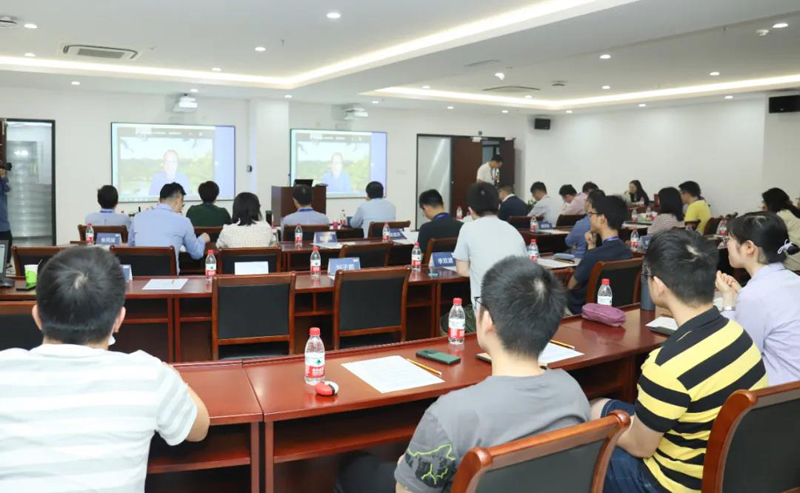
Professor Xiaodong Huang, an expert of the project team, said in his online speech that the study of China’s macroeconomic theory and policy is one of the research focuses of IAR. The project team regularly publishes latest analysis and forecast reports on China’s macroeconomic situation, conducts long-term tracking research on the development trend and potential risks of China’s macroeconomy, and provides the government and society with solid academic support and countermeasure suggestions and long-term governance solutions. It has developed into a think tank brand project for IAR to play the role of enlightening the people and serving the country, won wide recognition and attention from government, academics, industrial organizations and the media, and been supported by the national emergency management project for many times. He said that since in 2020, the COVID-19 epidemic has caused a major impact on the economic development of China and even the world, it is undoubtedly of very strong practical significance to discuss China’s macroeconomy and operation under the current complicated international background, and he hoped that through this conference, more insights can be provided for the current macroeconomic development and policy formulation.
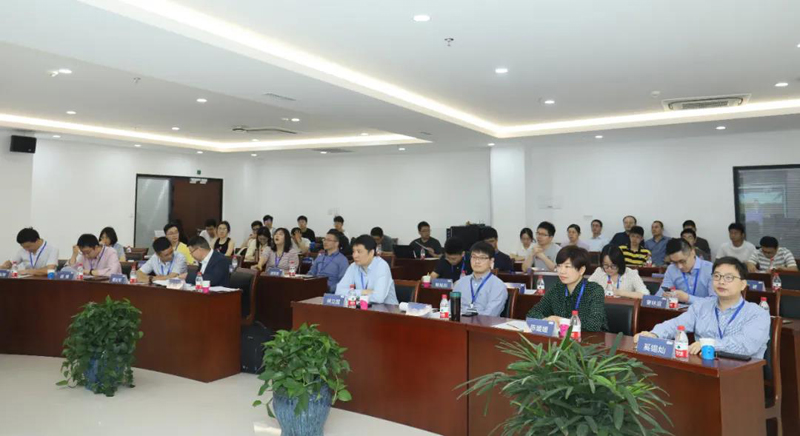
Prof. Liutang Gong, Assistant Professor Helu Jiang, Assistant Professor Linyi Cao, Assistant Professor Bo Hu, Assistant Researcher Yuqin Wang, Professor Zonglai Kou, Assistant Professor Xican Xi, Professor Yi Xu, Assistant Professor Tongbin Zhang, and Professor Zheng Song made presentations on their research respectively in three parallel sessions.

【Session 1】


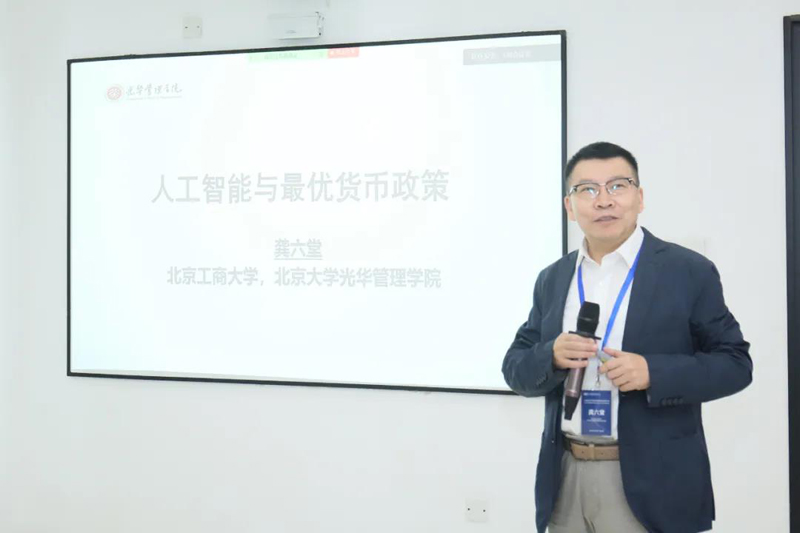
Prof. Liutang Gong’s paper “Research on Artificial Intelligence and Optimal Monetary Policy” analyzes the impact of AI as a new factor of production on employment, volatility, income distribution and economic growth, and quantifies whether the formulation of optimal monetary policy should target employment or inflation under different AI penetration intensities.
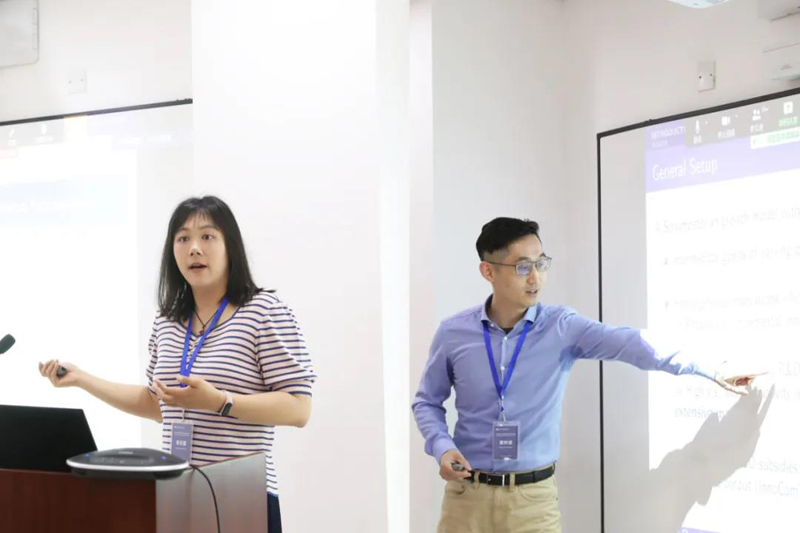
The topic of the presentation by Assistant Professors Helu Jiang and Linyi Cao is “R&D Policies under Heterogeneous Innovations”, which takes China as an example and examines human capital as a key determinant of patent quality in corporate innovation and R&D. The presentation provides a quantitative assessment of the effects of real-life policies, such as the evaluation of high-tech enterprises and additional tax deductions.
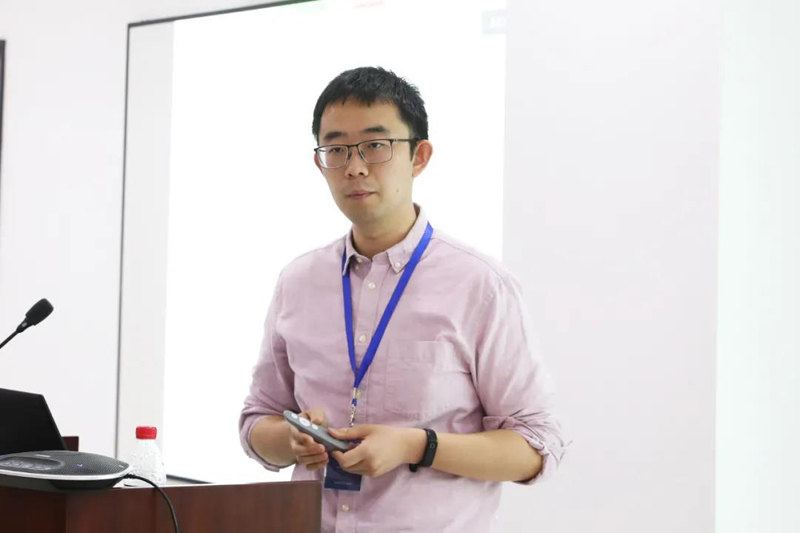
Assistant Professor Bo Hu’s research “Managerial Labor Market Competition and Incentive Contracts” is based on the data of executives of US listed companies and concludes that executives of large companies receive higher salaries and a higher proportion of performance-based incentives by introducing market incentives brought by executive labor market competition.

【Session 2】


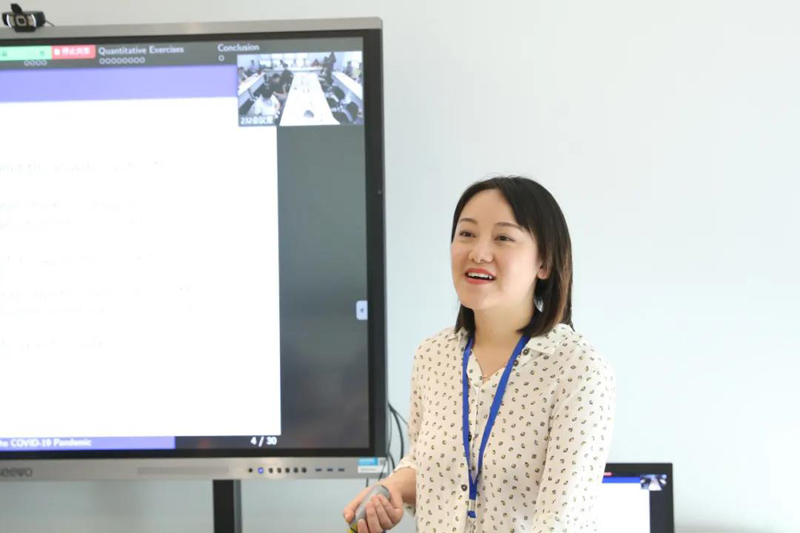
In “Why Does Consumption Drop More and Recover More Slowly during the COVID-19 Pandemic?” Assistant Researcher Yuqin Wang used a structural model to investigate the question of how consumption in China dropped sharply at the beginning of the epidemic and recovered slowly afterwards.
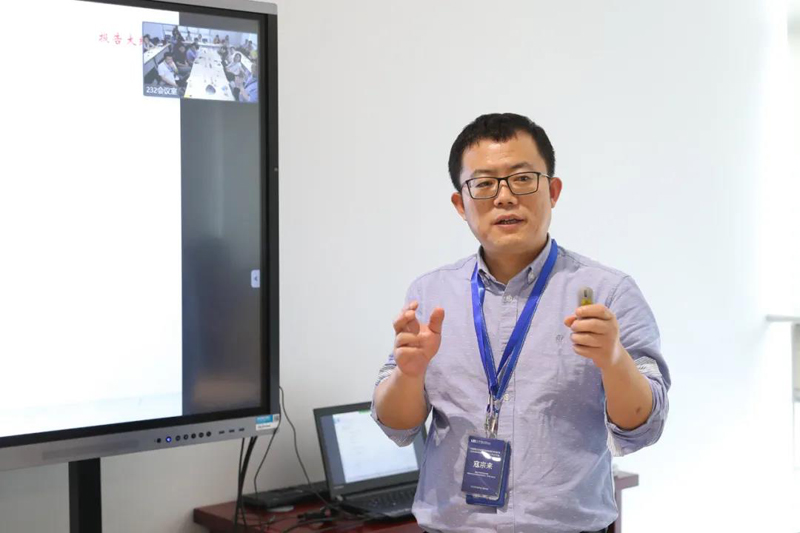
Assistant Professor Xican Xi’s paper “Urbanization and the Rise of Services: Evidence from China,” based on China’s characteristic facts and general equilibrium analysis, did a quantitative study of the relation between urbanization and the rise of service industry in China.
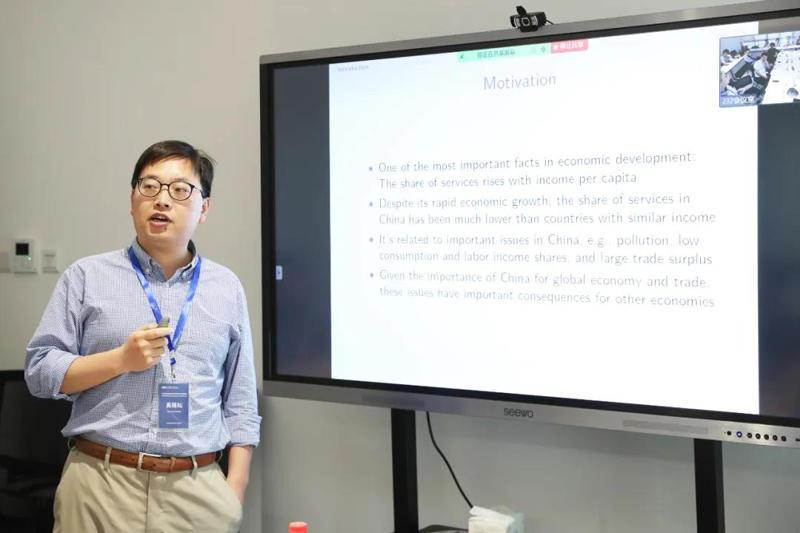
Assistant Professor Xican Xi’s paper “Urbanization and the Rise of Services: Evidence from China,” based on China’s characteristic facts and general equilibrium analysis, did a quantitative study of the relation between urbanization and the rise of service industry in China.

【Session 3】


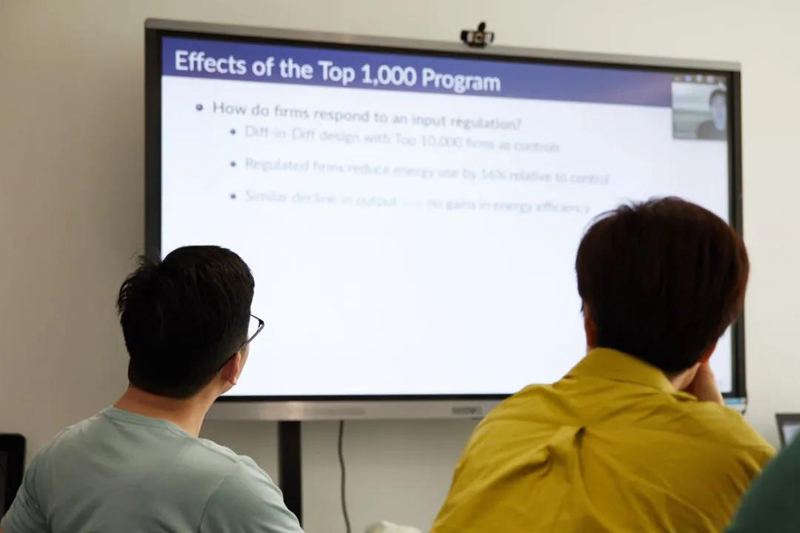
Professor Yi Xu made his presentation online with a paper entitled “Regulating conglomerates in China: Evidence from an Energy Conservation Program”: When faced with stringent energy conservation and emission reduction requirements, companies partially offset the negative impacts of the policy on their own energy consumption and output by increasing the output of their related companies. Based on this empirical finding, with the help of theoretical model, the paper further estimates the additional costs of energy conservation and emission reduction policies to firms, and suggests that firm-linked energy policies can be effective in improving policy efficiency.
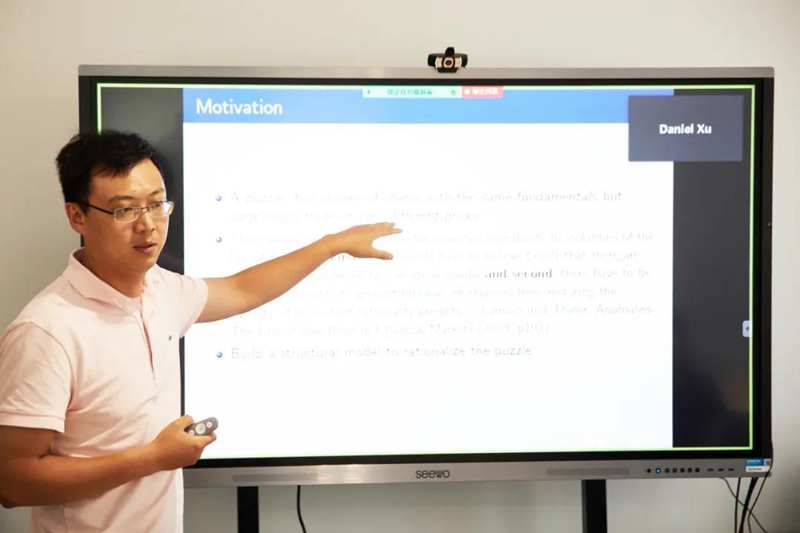
Assistant Professor Tongbin Zhang’s paper “AH Premium: A Natural Experiment” discusses in depth the AH share premium in the Chinese stock market as an interesting asset pricing puzzle and explains the premium phenomenon therein by constructing a pricing model that includes subjective share price expectations.
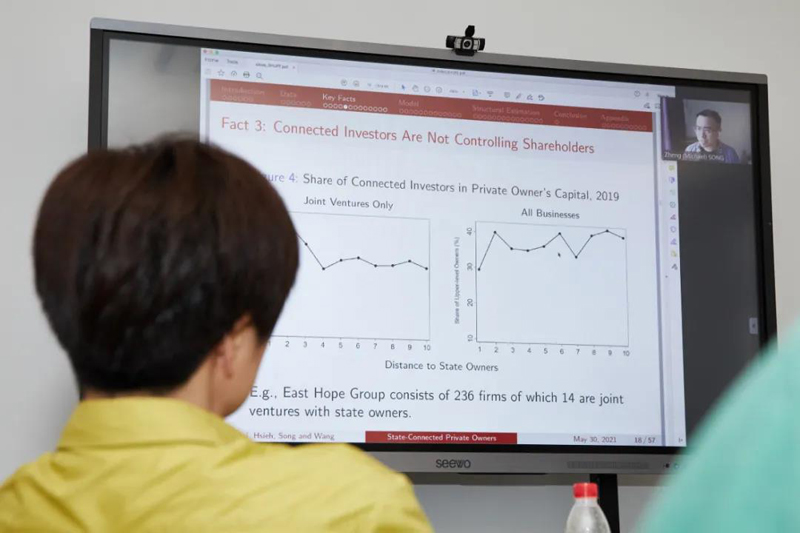
At the end of the workshop, Professor Song Zheng gave an online presentation titled “Special Deals from Special Investors: The Rise of State-Connected Private Owners in China” that presented the latest results of the team’s research over the past seven years and explained the rapid growth of the Chinese economy, especially the private sector, by analyzing the evolution of the network structure of interrelationships between state-owned enterprises and private enterprises.




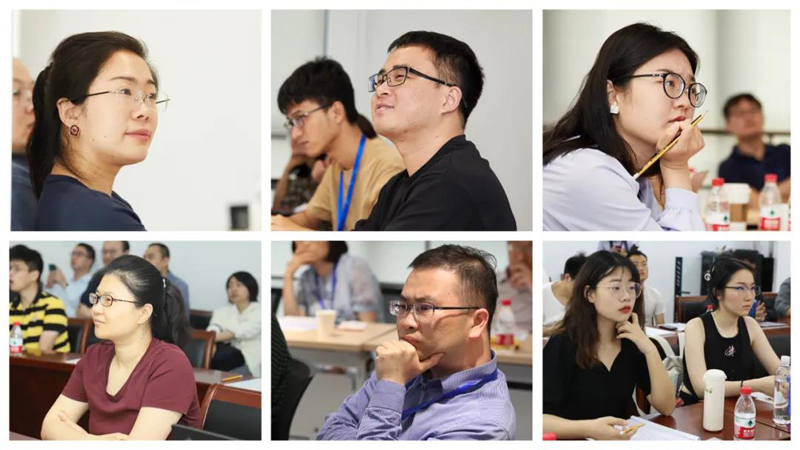
The workshop was held in a lively atmosphere as the experts and students discussed various topics concerning macroeconomic operation in depth, gathering collective wisdom to contribute to the macroeconomic development in the context of the epidemic.
